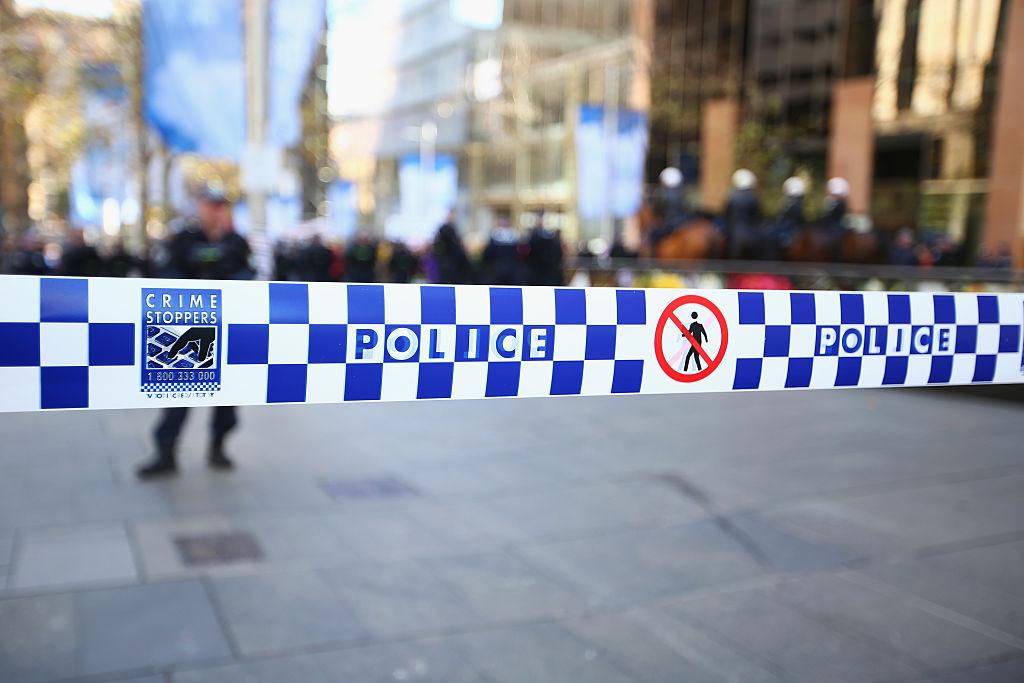There were 12,091 adults in NSW prisons last December—1,544 fewer than four years previously—but remand numbers have headed in the opposite direction, reaching a record 5,055 in the same month.
That means four in every 10 people locked up in the state have not been found guilty, up from 34 percent in 2019. But at the same time, fewer people are serving prison sentences after conviction due to the introduction of non-custodial alternatives.





